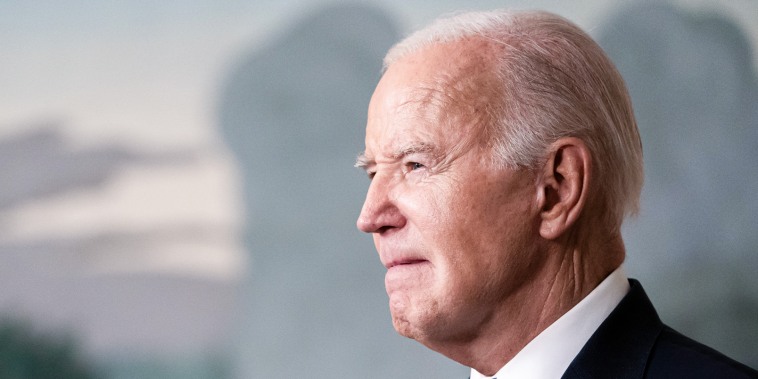Business Groups Hit Back at Efforts to Cap Credit Card Late Fees
The financial industry is currently in turmoil as numerous business groups have expressed strong opposition to the recent efforts to cap credit card late fees. This contentious issue has sparked a heated debate between consumer advocates pushing for greater protections for credit card users and industry representatives defending the current fee structures.
One of the key arguments put forth by business groups is the assertion that imposing a cap on credit card late fees would have far-reaching consequences for the banking and financial sectors. They argue that such a cap would limit the ability of financial institutions to recover costs associated with late payments and could potentially result in reduced access to credit for consumers. This, in turn, would hinder economic growth and could have negative implications for the overall financial stability of the industry.
Furthermore, opponents of the proposed cap on credit card late fees point out that these fees serve an important purpose in discouraging late payments and incentivizing responsible financial behavior among consumers. By imposing a cap on these fees, critics argue that individuals may become lax in their payment habits, leading to higher instances of delinquency and increased financial risks for banks and other lending institutions.
Additionally, business groups have raised concerns about the potential impact of a cap on credit card late fees on smaller financial institutions. They argue that these institutions, which may rely more heavily on fee income, would be disproportionately affected by such a cap, potentially leading to reduced profitability and restricted services for consumers.
On the other hand, consumer advocates argue that credit card late fees can be excessive and disproportionately burden low-income individuals and those facing financial difficulties. They contend that capping these fees would provide much-needed protection for vulnerable consumers and prevent them from falling into cycles of debt and financial insecurity.
In response to the mounting pressure from both sides, regulatory bodies and government officials have been tasked with navigating the complex terrain of balancing consumer protection with industry sustainability. Finding a middle ground that addresses the concerns of both consumers and businesses while promoting a fair and competitive financial landscape remains a formidable challenge.
Ultimately, the debate surrounding the proposed cap on credit card late fees underscores the broader issues of financial regulation, consumer protection, and industry competitiveness. As stakeholders continue to voice their opinions and advocate for their respective positions, the need for thoughtful deliberation and informed decision-making becomes increasingly crucial in shaping the future of the financial sector.




























